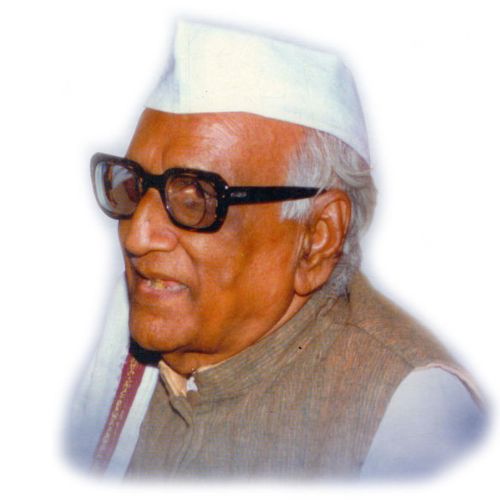Early Life:
Moturi Satyanarayana was born in the Dondapadu village in Krishna district in Andhra Pradesh on February 2nd 1902. After studying English, Hindi, and Telugu from National College, Machilipatnam, he went on to join the Dakshina Bharat Hindi Prachar Sabha. This organization was founded by Mahatma Gandhi to popularize Hindi in South India.
Role in India’s Independence Movement:
He participated in the Quit India movement in 1942 and was also a very ardent follower of Mahatma Gandhi. During the freedom movement, he actively advocated for the spread and usage of the Hindi language and also was the editor of publications such as the Hindi Pracharak, Dakshina Bharat and the Hindi Prachar Samachar.
Contribution to Constitution Making:
Satyanarayana was elected to the Constituent Assembly from Madras from the Indian National Congress. In the Constituent Assembly, he advocated for making Hindustani as India’s national language. He played an instrumental role in making Hindi one of India’s official languages.
Later Contributions:
From 1950-1952, he was an MP in the Provisional Parliament of India. He was nominated to the Rajya Sabha in 1954 and served till 1966 for 2 terms. He served as a member of several cultural, linguistic, educational and cultural institutions including the Central Board of Film Censors, Central Hindi Institute, Agra (1966-79), and Central Hindi Shiksha Samiti.
The Government of India awarded him the Padma Shri in 1958 and Padma Bhushan in 1962 for his contributions to public affairs in India. He was also honoured by Andhra University with the Kala Prapoorna award in 1977.
He passed away on March 6, 1995.
Key Writings:
In addition to his writings in news publications, he wrote on the position and function of Telugu in 1981.

